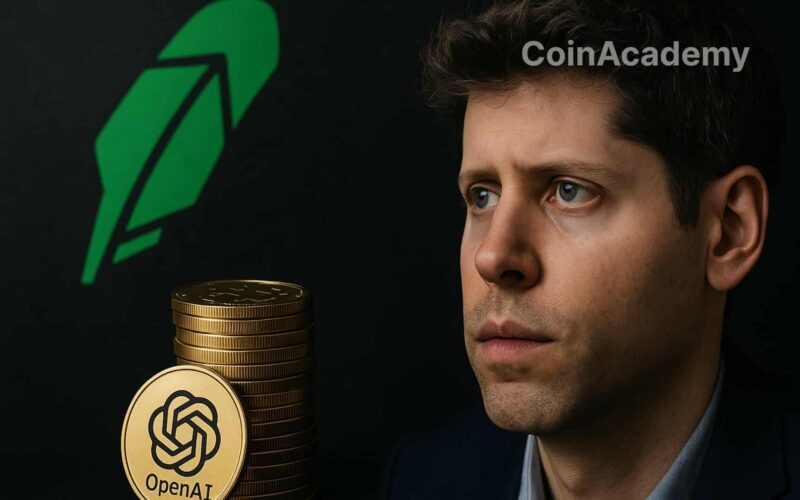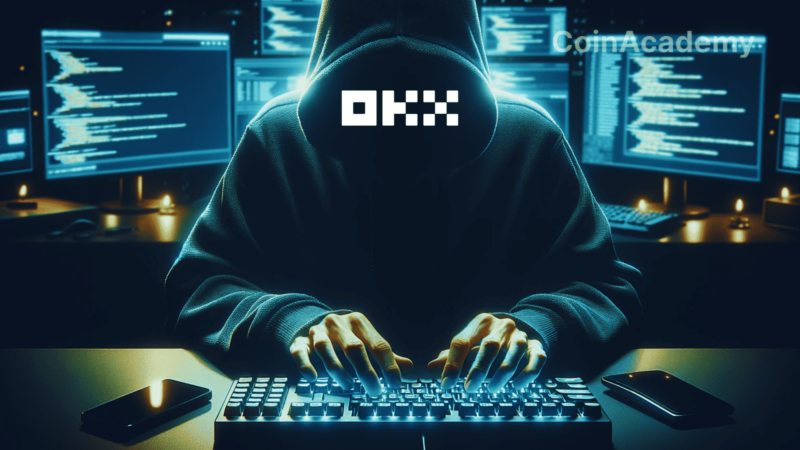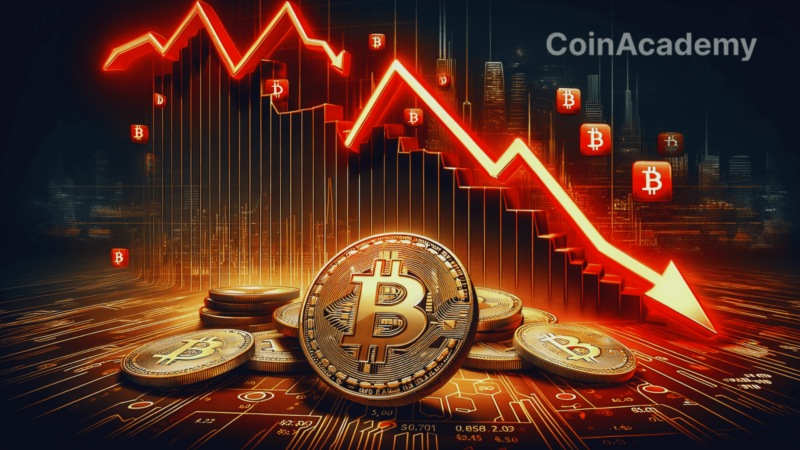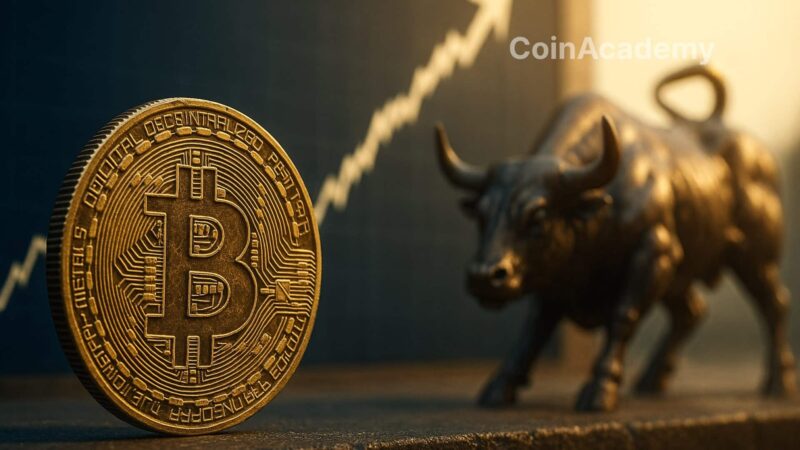Robinhood believed it was paving the way for private markets for all. The result? A public warning from OpenAI and a controversy that is already heating up the crypto ecosystem. Behind the promises of ‘democratization’, it is mainly a legal gray area that is exploding in broad daylight.
OpenAI Tokens… Not Coming from OpenAI
It all started with an announcement from Robinhood Europe in early July. The platform now offered trading of ‘tokenized stocks’, shares of companies and ETFs made accessible via the Arbitrum blockchain. Among them? Highly sought-after names of still private companies like SpaceX… and OpenAI.
Problem: OpenAI never gave its green light.
These ‘OpenAI tokens’ do not represent any part of our capital. We have not approved this sale, nor participated in anything.
OpenAI, on X
The tone is firm, the red line is clear: any sale of OpenAI shares should be approved by the company. Which clearly was not the case here.
Robinhood Bets on a Blurry Legal Structure
In its defense, Robinhood explains that these tokens offer only ‘indirect exposure’ to OpenAI’s capital. According to them, the shares come from a Special Purpose Vehicle (SPV) in which the company holds a stake.
In other words: these are not really shares, but economic rights linked to shares held by a third party.
Not illegal in theory, but potentially explosive. For such a structure to hold, the target company, here OpenAI, must accept the principle of secondary transfer. And that, OpenAI has just rejected outright.
The Dream of Access to Private Markets Clashes with Reality
For years, the tokenization of unlisted shares has been the Holy Grail for part of the Web3. Offering everyone what was once reserved for VCs: investing in giants before their IPO.
There is no obligation for OpenAI to honor a sale made without their consent. They can simply cancel it.
Rob Hadick, Dragonfly Capital
This tension is not new. Already in 2018, the startup Swarm had tried to offer shares of Robinhood via tokens. Several companies involved had then denied any involvement, denouncing an unauthorized initiative.
Consequences for Investors?
As it stands, the tokens offered by Robinhood look like a risky bet. Even if they are backed by real shares held through an SPV, there is no guarantee that the ultimate holder will be able to enforce their rights.
However, OpenAI could simply legally absolve themselves with their firm statement. But if OpenAI decides to toughen up? It would only take a clause in the shareholder agreement to render these tokens unusable.




